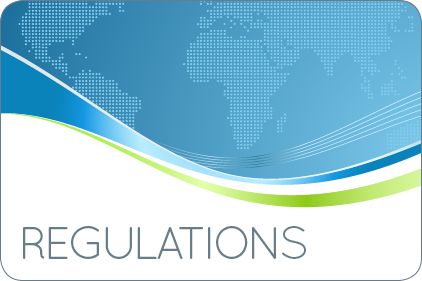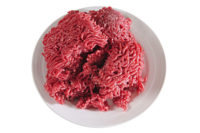 For “prerequisite programs”, there seems to be no single definition that covers all of them. Consequently, when the Food Safety and Inspection Service (FSIS) or an establishment uses the phrase, “prerequisite program,” there may not be a mutual understanding as to what programs are being referenced.
For “prerequisite programs”, there seems to be no single definition that covers all of them. Consequently, when the Food Safety and Inspection Service (FSIS) or an establishment uses the phrase, “prerequisite program,” there may not be a mutual understanding as to what programs are being referenced.
The question is, what agency expectations apply to any or all of an establishment’s prerequisite programs. The answer is: It depends.
In reviewing agency policies, there seem to be two characteristics which the agency looks to in assessing its verification activities. Please note, these characteristics are general and application to any specific prerequisite program depends on all the facts and circumstances.
First, whether the prerequisite program addresses food safety.
The answer generally depends on whether the prerequisite program is referenced in the hazard analysis. If so, it is subject to agency verification. For example, assume an establishment has a metal-detector program. If the metal detector is to address possible metal contamination and is referenced in the hazard analysis, it would be a prerequisite program subject to FSIS verification activities. However, if the establishment has data to show that metal is not reasonably likely to occur in its operation and the metal detector is solely a customer requirement, the metal detector program may not be subject to the agency verification.
Second, whether the prerequisite program relates to a specific process or product.
Although all prerequisite programs dealing with food safety are subject to agency verification activities, the verification activities will vary based on the nature of the program.
“Basic Housekeeping Programs” — The focus of these programs is generally on the facility, not specific hazards/products. FSIS verification activities focus on whether the establishment is implementing its program/following its practices, so it is entitled to rely on the program in assessing whether hazards are reasonably likely to occur. Although there technically is no requirement that the program be written, having a written program enables an establishment to better support its on-going effectiveness.
Data Generation Programs— There are various programs that generate data to support a continuing decision in a hazard analysis that a specific food-safety hazard is not reasonably likely to occur, such as a Listeriacontrol program. These programs need to be documented, the test results monitored, and action taken based on adverse results. However, if no product action needs to be taken based on the results, the program is not specific to any lot of product and need not be included in any pre-shipment review.
Specific Product/Process Programs — These programs are specific to a process/product and generally address a specific hazard. Establishments use these types of prerequisite programs to prevent a hazard from occurring. Unlike a critical control point (CCP), a deviation in a prerequisite does not automatically implicate product. That said, FSIS expects the establishment to address those deviations. For example, a slaughter establishment might have a thermal treatment as a CCP for STEC and operate an antimicrobial spray under a prerequisite program. This means that if the antimicrobial spray is not applied as specified, there is not an automatic HACCP deviation, but FSIS would expect the establishment to react. Moreover, the agency verification activities for this type of prerequisite are basically the same as the expectations applicable to a CCP: monitor and document the prerequisite, take action if there are deviations, validate the prerequisite, and review the records as part of pre-shipment review.







